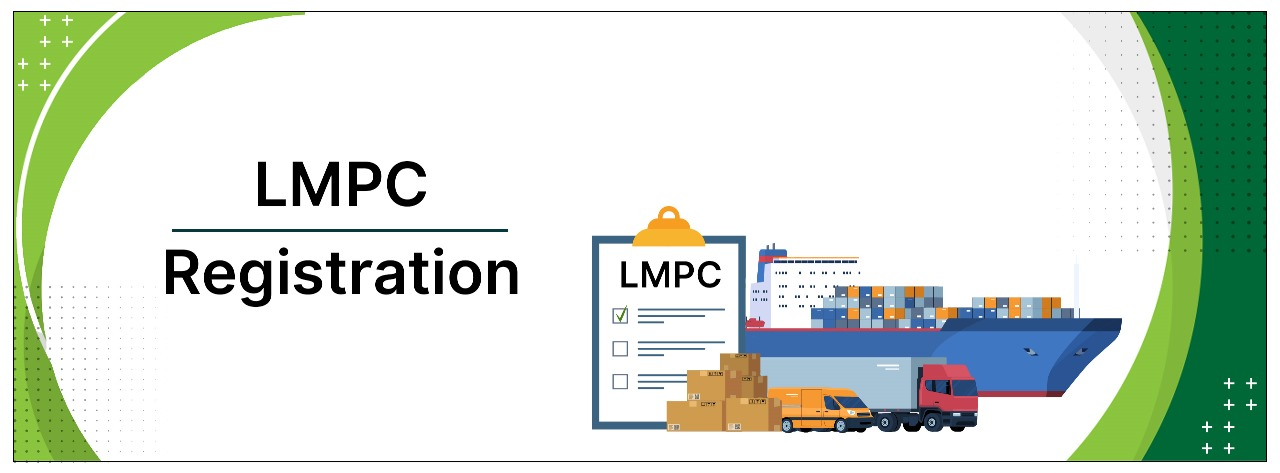Rahul Sainiadiocionou a nota 3 dias atrás

LMPC Requirements for Clothing and Textiles in India
One of the biggest textile and apparel industries in the world is in India. Adhering to the Legal Metrology Packaged Commodities (LMPC) regulations is essential whether you're producing clothing, importing clothing, or packaging textile products for retail sales. The visible labeling of pre-packaged goods, such as apparel and textiles, for customers is guaranteed by LMPC registration.
What is LMPC? (LMPC Full Form)
The full form of LMPC is Legal Metrology Packaged Commodities. Under the Legal Metrology Act, 2009, and Packaged Commodities Rules, 2011, any importer or packer dealing with pre-packaged goods, including clothing, must obtain LMPC Registration. It is a mandatory compliance requirement for goods sold in a pre-packed format.
LMPC Requirements for Clothing and Apparel
For clothing and textile products, the LMPC Certificate confirms accurate information is displayed on product labels. These requirements include:
• Name and address of the importer/manufacturer
• Retail Sale Price (MRP) including all taxes
• Size or dimensions of the garment
• Month and year of manufacture or import
• Country of origin
• Care instructions (optional but recommended)
Every pre-packaged clothing item must carry this information, especially if it is being imported. Without LMPC Registration online, customs clearance for garments may be denied.
LMPC Registration Online Process
Obtaining LMPC Registration involves:
1. Visiting the Legal Metrology Department website for your state
2. Filling the application form for LMPC Certificate
3. Uploading documents like Import Export Code (IEC), GST, and PAN
4. Submitting packaging details of clothing items
PSARA License – A Different Compliance
While LMPC pertains to packaging compliance, those running security agencies must register under the PSARA Act 2005. The PSARA full form is Private Security Agencies Regulation Act.
Security firms must obtain a PSARA License through the login portal. The psara login is used to apply, renew, and track license status.
RNI Registration for Textile Publications
If you're publishing textile or fashion magazines, RNI Registration is essential. The RNI full form is Registrar of Newspapers for India. Through RNI Title Registration, publishers receive a unique self to print newspapers or periodicals.
You can verify the registration via RNI Registration Check online. Upon approval, an RNI registration certificate is issued for legal publication.
LEI Registration – Financial Transparency for Exporters
If your textile firm is involved in global trade or receiving cross-border payments, LEI Registration is mandatory. The LEI full form is Legal Entity Identifier. It’s a 20-digit unique code used in financial transactions.
• LEI registration process involves self verification through recognized bodies.
• LEI registration fees vary based on the provider and duration.
• You can conduct an LEI Code Search to verify any entity’s code.
NSIC Registration – Empowering Small Textile Units
NSIC or National Small Industries Corporation helps small businesses in the textile sector grow via NSIC Registration. This enables them to access tenders, subsidies, and finance schemes.
• The NSIC registration fees depend on your turnover and enterprise size.
• NSIC benefits include marketing support, raw material assistance, and government procurement opportunities.
Final Words
If you're in the clothing and textile business — especially as an importer — obtaining an LMPC Certificate is non-negotiable.. At the same time, businesses in publishing, security, finance, or MSME sectors should consider other registrations like RNI, PSARA, LEI, and NSIC based on their operations.